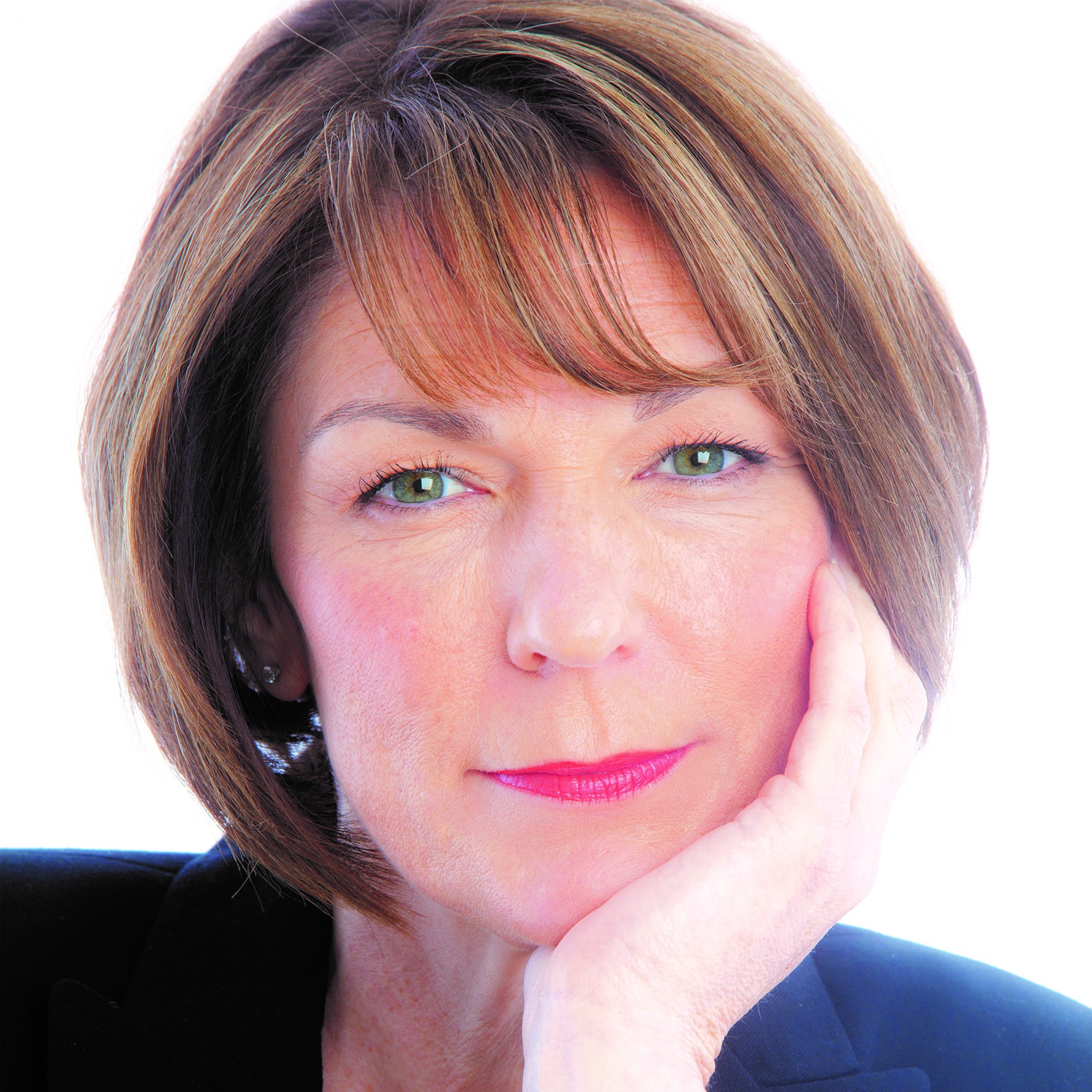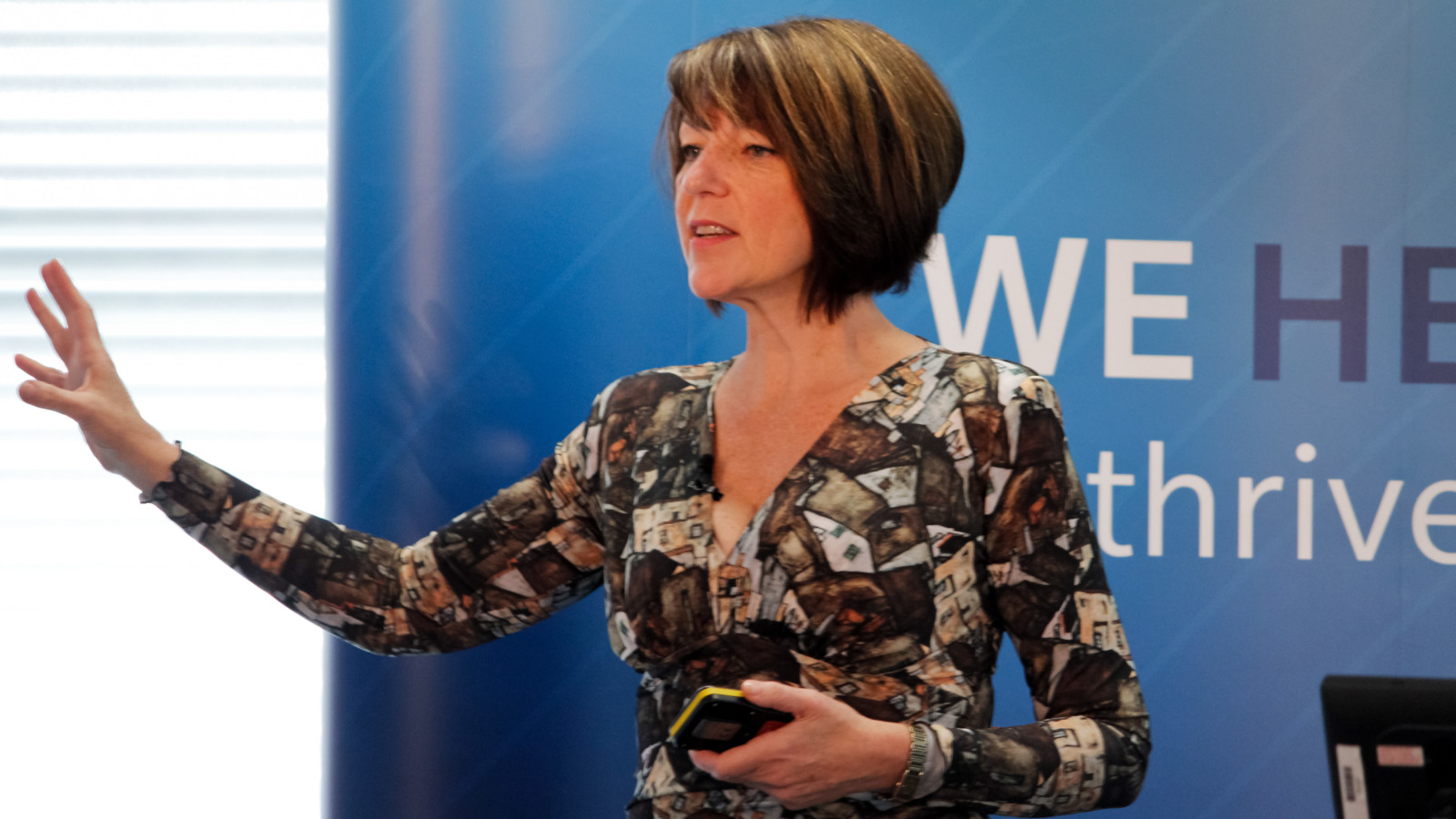Past experience is often invaluable when it comes to making decisions on many aspects of our daily lives – particularly when those decisions are complex and based on uncertain information. In fact, research has shown that learning from experience actually changes the circuitry in our brains so that we can quickly categorise what we are seeing and make a decision or carry out appropriate actions.
But learning from experience can be a double-edged sword. We view the past through numerous filters that distort our perceptions. As a result, our interpretations of experience are biased – and the judgments and decisions we base on those interpretations can be misguided. Yet we believe we have gained correct insights from our own experience and from the behavior and accounts of other people.
In the workplace, this ‘unconscious bias’ can often conflict with our conscious beliefs and values to act as a barrier to a truly diverse and inclusive working environment. It’s why I often start my corporate presentations by asking if we have any racist, ageist, sexist homophobes in the room. This opening line certainly gets attention. But I quickly follow it up with: “Because if it’s just me, we can always talk about me for the session!”
You Can Only Reduce It
The message is that even me – the Diversity Diva who has worked in this world for over 20 years – STILL carries bias and STILL has to be present and deal with it every day. You cannot remove it – you can only reduce it. It’s like cleaning your kitchen – you leave it pristine and somehow when you pop in again there is another smudge, a cup of breadcrumbs in a tiny pile, and off you go again. The predictions we make about people will run riot if we don’t stay awake and keep on cleaning the kitchen!
Another way to look at it is to think about your brain like a garden with many paths. A garden maintenance person visits daily and has to prune a little and sweep a few leaves. There are some paths you use daily, so they don’t need to bother with them. Others are used rarely, if at all. If they are left alone, they are likely to grow over to the point that using them is hard work – AWARE work.
In other words, when you meet someone, the brain has a tendency to send you down the paths most travelled. This person has blue hair (zoom) therefore they will be a party person and constantly late (zoom, zoom). Or this person looks professional (zoom) with polished shoes (zoom) therefore they will be clever (zoom) and make great decisions (zoom).
Take a Pause
What we all need to do is take a pause every time we see a human – even one we know. Stop, breathe and force the garden maintenance person to cut you at least two new paths:
- What could you know?
- What should you know?
They are different questions, but both divert you from your regular pathway and send you via a longer (and, yes, tougher) route. Asking your brain to delve deeper and look for more information is a great start. At the very least it gives you a chance to alter assumptions and biases. At best it succeeds.
The past is a place of reference – not a place of residency. We just need reminding – and this poem does just that:
Sometimes the Wolf Cries Girl
by srwpoetry
sometimes the hero stumbles
and falls right off of the page,
sometimes the princess rolls her eyes
and says “i don’t want to be saved.”
sometimes the dragon needs rescuing
and the villain aches to be helped,
sometimes, in the darkness,
the lost boy finds himself.
sometimes the prince is cunning,
and not at all what he seemed,
sometimes the witch’s kindness
shows it’s she who deserves to be queen.
sometimes we shouldn’t define people
by someone else’s point of view –
just because it’s what we’ve been told,
doesn’t make it true.


